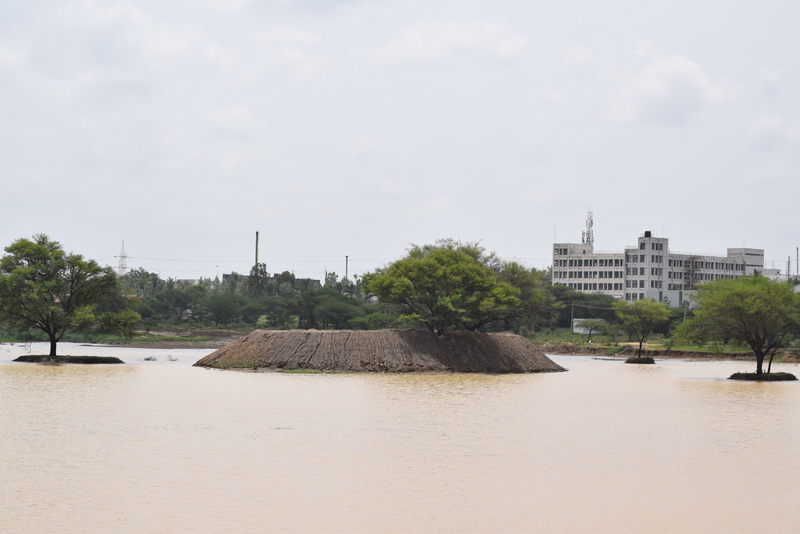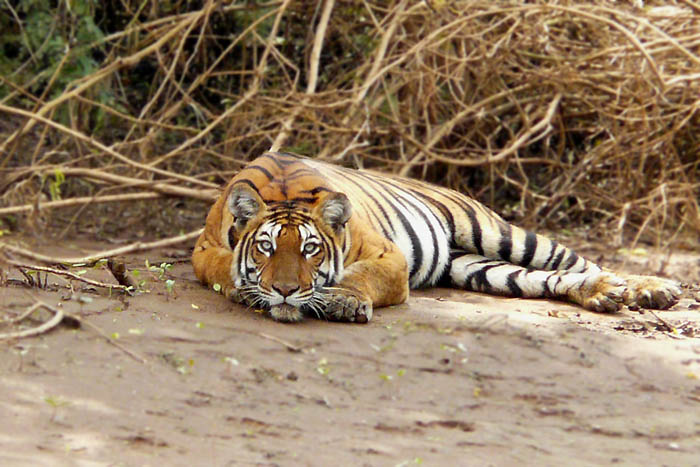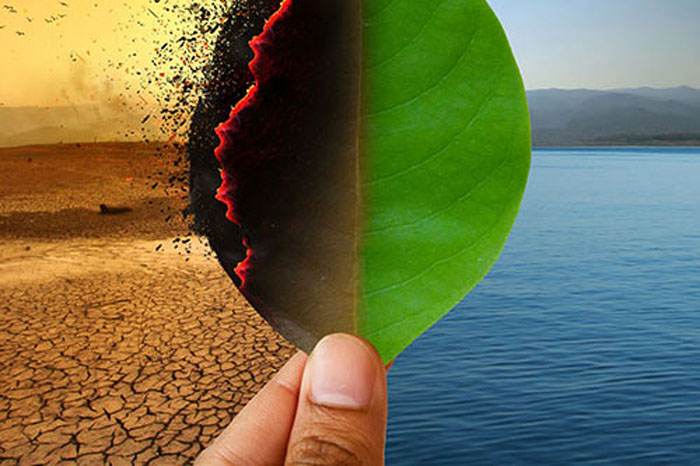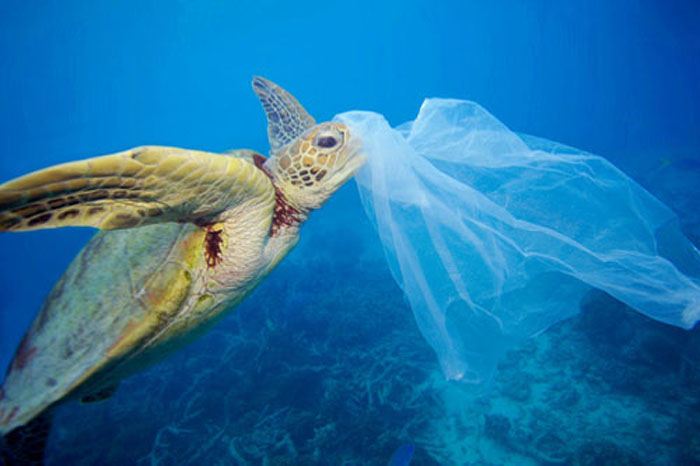
REVIVING WETLANDS
Wetlands are the Earth's kidneys. They provide freshwater to all living beings and soften the blow of climate change. But these natural water purifiers are rapidly degrading. Without wetlands, millions of livelihoods and rich biodiversity could be lost. WWF-India has been working to conserve and rejuvenate wetlands around the country.

RESTORING MANGROVES
Mangroves are nature’s shields against storms and floods on the coastline. From sustaining communities to preventing erosion and filtering water, these ecosystems offer an array of benefits. But today, climate change poses an existential threat to mangroves. WWF-India is restoring mangroves through nurseries, encouraging community stewardship, and promoting sustainable livelihoods among dependent populations.

CONSERVING TIGERS
India is home to over 75% of the world's tigers. Habitat loss, reduced connectivity, and decline in prey threaten this population. WWF-India began tiger conservation in the early 1970s by supporting Project Tiger. In the 1990s, it initiated a dedicated Tiger Conservation Programme and currently works in six tiger landscapes across the country, engaging with all stakeholders to ensure the future of India’s national animal.

MITIGATING CLIMATE CHANGE
Unless we change things drastically, we are on track to breach the 1.5°C temperature increase limit set by the Paris Agreement by 2030. Climate change is the biggest environmental crisis of our time. WWF-India is working to generate awareness about clean and efficient energy solutions and climate innovations, and building community resilience against climate change.

CONSERVING MARINE ECOSYSTEMS
India has a rich marine biodiversity, but threats to this resource loom large. Plastic pollution, industrial waste, unsustainable fishing, unregulated tourism, and unplanned coastal development risk marine life and associated livelihoods. WWF-India is working to conserve critical marine habitats by addressing issues like ghost gear, agricultural run-off, marine debris, and plastic pollution.
